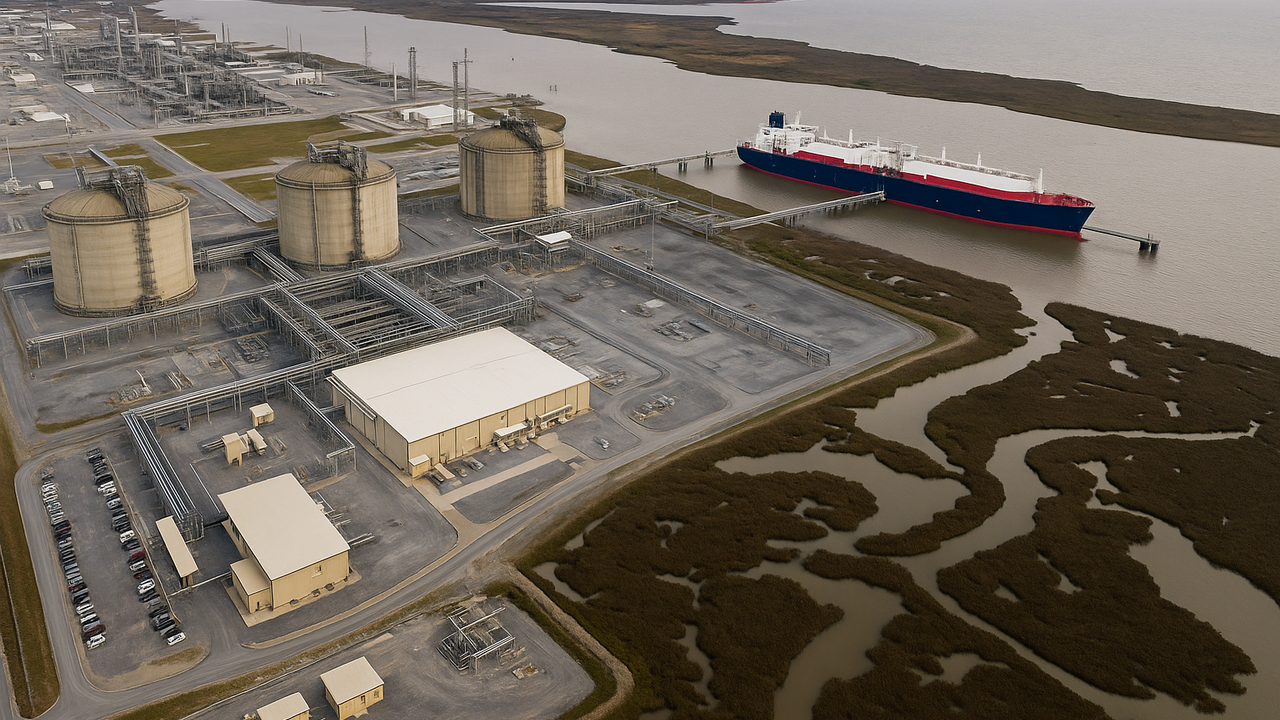In a dramatic shift in global energy shipping patterns, China has completely halted imports of liquefied natural gas (LNG) from the United States, according to newly released customs data. The move underscores the deepening rift between the world’s top energy consumer and its once-dominant supplier, triggered by a renewed trade war that’s now reshaping maritime trade flows.
Official Chinese figures show a staggering 70% drop in US LNG shipments in Q1 2025, with March marking a total blackout in deliveries—the first time in over five years. The last such freeze occurred during the Trump administration’s tariff battles. This time, China has slapped a 125% tariff on all US imports, including LNG, prompting a pivot toward alternative suppliers like Indonesia and Qatar.
Analysts warn that if tensions persist, China’s LNG imports could plunge by another 12% this year, placing increased reliance on pipeline gas from Russia, coal, and renewables to buffer energy needs. Meanwhile, the global LNG shipping sector faces routed voyages, altered supply contracts, and volatile pricing as geopolitical rifts disrupt traditional trade corridors.
Industry watchers, including BloombergNEF’s Daniela Li, suggest that China's cautious energy stance is about resilience, not just retaliation. “With tariffs this high, China has little choice but to diversify energy sources rapidly,” she noted. At the same time, weak industrial demand signals, such as upcoming PMI data from Japan and China, may further suppress LNG prices globally.
As energy geopolitics collide with maritime economics, this US-China standoff is a key turning point for the future of LNG shipping and global energy security.







